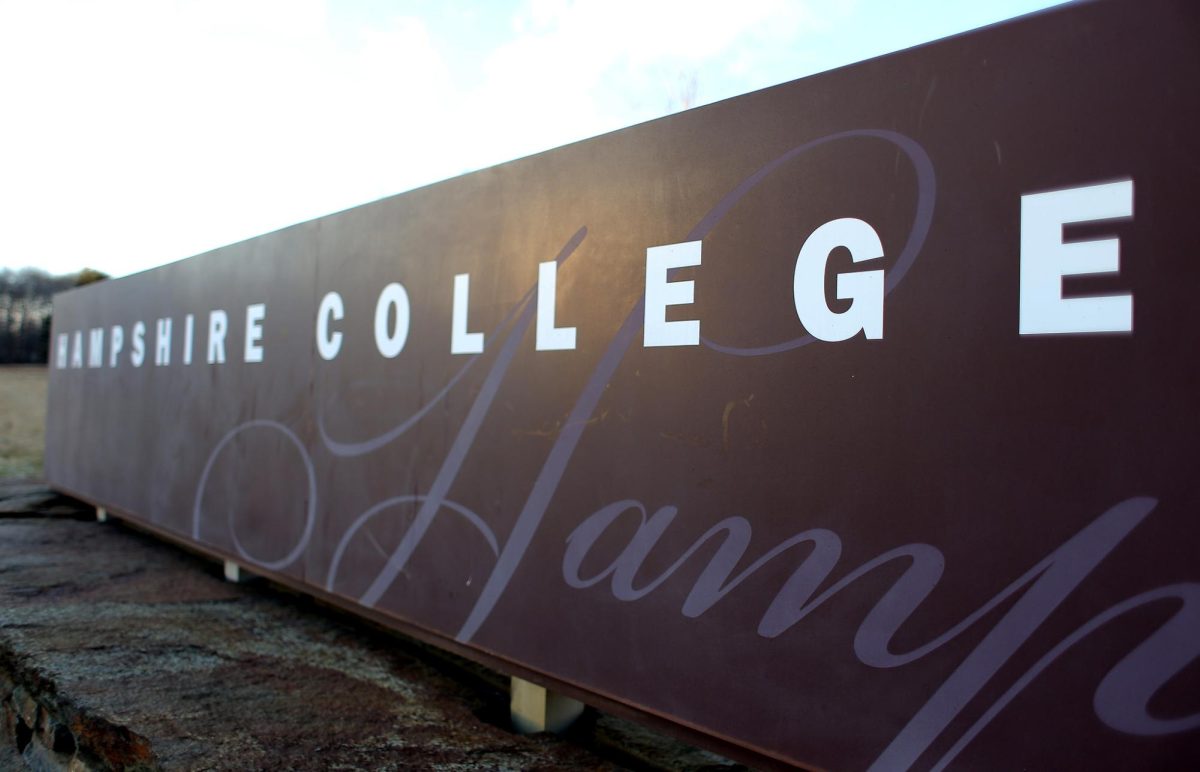
As part of the Five-College History Annual Lecture, hosted by the University of Massachusetts history department, Pennsylvania State University professor Nan Woodruff spoke on the legacies left behind by the Jim Crow South and how modern day Mississippi is affected by the violence that took place during the civil rights movement.
Woodruff, professor of modern United States history and African American studies, published a book last year titled “American Congo: The African American Freedom Struggle in the Delta,” in which she compares racial violence in the Mississippi River Valley to violence in the African Congo under Belgium’s King Leopold II.
Woodruff’s lecture was introduced by history Chair Joye Bowman who said that Woodruff was chosen as this year’s speaker based on the theme of truth and reconciliation of the Feinberg Lecture Series that the history department hosted in the fall. Bowman also noted that 2013 is the sesquicentennial of the Emancipation Proclamation signed by Abraham Lincoln on Jan. 1, 1863.
Woodruff’s lecture discussed the effect of the civil rights movement on the town of Grenada, Miss., where efforts to desegregate elementary and high schools in 1966 were met with fierce opposition by white racists. This is the subject of her latest project, and she is working to interview citizens of Grenada who were involved in the desegregation to create an oral history of the struggle, which Woodruff said rivals Little Rock in terms of violence.
“I hope to turn our attention to men, women and children that were the backbone of the movement,” she said.
On the first day of school in September 1966, black students tried to attend the schools that had originally been segregated, but the white community of Grenada prevented their attendance with violent attacks on the students. The principal of the high school even went as far as locking the doors of the school, only allowing white students to enter and sending the black students back home, forcing them to face further violence.
“Local policemen stood by and grinned” during these attacks against students, Woodruff said, adding that “state troopers turned their heads and ignored the attacks.”
Thirteen men who organized the violent attacks against black students trying to attend the integrated schools were charged with conspiracy, according to Woodruff, but found not guilty by a jury of their peers.
Despite efforts by civil rights leaders such as Martin Luther King, Jr., Woodruff said that after a month, half of the black student population had been driven out by the violence in the schools. Boycotts of the Grenada schools were organized when complaints were not addressed by school officials, but in early November 1966, a judge ordered an end to the boycott and ordered the superintendent of schools to organize meetings with parents and deal with the complaints of violence.
Woodruff said that the problem in Grenada is that desegregation and the violence that occurred is not discussed openly within the community, not even by the black students who lived through it such as Dianna Freelon-Foster, who is now an activist within the community and the state of Mississippi.
“Legacies of the civil rights movement continue to resonate in Grenada in ways that may not be apparent to some people,” Woodruff said, adding that while interracial communities across the country are helping to heal past wounds and apologizing for transgressions, Grenada’s Unity Committee does not think there is anything to discuss in terms of reconciling between whites and blacks for the 1966 events.
She said that people need to recognize the ways in which terror and racism continue to resonate in the lives of Americans and the willful ignorance of the civil rights movement in Grenada. For example, Freelon-Foster was elected mayor of Grenada when white voters were split over candidates, but she was only in the position for a year before white citizens managed to oust her.
She ended her lecture saying that if the history of Grenada is any sign, racism continues to exist in America, and that it’s easy for Americans to talk about civil rights and the fact that the nation has a black president, but there is a need to get to the fundamentals about what has not changed in the power dynamic of the United States.
Patrick Hoff can be reached at [email protected].


















